For several years I have taught week-long courses at law schools in Istanbul, Turkey. Those visits have been put on pause due to COVID. I was a couple weeks from traveling to Istanbul once again in early March, 2020, but I reluctantly cancelled that.
I often think of the many people I repeatedly visit when I’m in Turkey. Like most of my friends in the U.S., digital technologies have made it possible to keep in touch, but I look forward to the day when I can once again take it all in through all five senses.
Back here in St. Louis, Missouri, I tend to my ordinary life. Every week or so, however, I fondly think of something that I couldn’t have predicted before I first visited the Middle East. I often think of the call to prayer.
In the Middle East, the muezzin calls out from the top of nearby minarets five times each day (sometimes more than one at the same time if you are between minarets). It’s a call, for sure, and almost seems like a song, but I’ve been told that it is not singing. The calls seemed like intrusions on my ears until I heard many of them. Gradually, over my repeated visits, the call to prayer became an exceptionally beautiful moment for me. I write this as an atheist who doesn’t understand any of the words of the call to prayer. For me, its beauty is about the sounds and the moment, coupled with images of the venerable mosques I visited (I took these photos in Turkey and Egypt). Also coupled with the second-to-none hospitality of the people I met in the Middle East. It’s different than church bells, because it’s only five times each day and because you are not hearing a mechanical bell–you are hearing a human being earnestly calling out to you.
As I repeatedly visited Turkey, I started looking forward to the calls as opportunities to stop and think about life and my place in the world. I also took it as a reminder to always be tending to things that really matter because the day is always slipping away. It is also a reminder that you are part of a much bigger community because that call is to everyone in hearing distance, not just you. 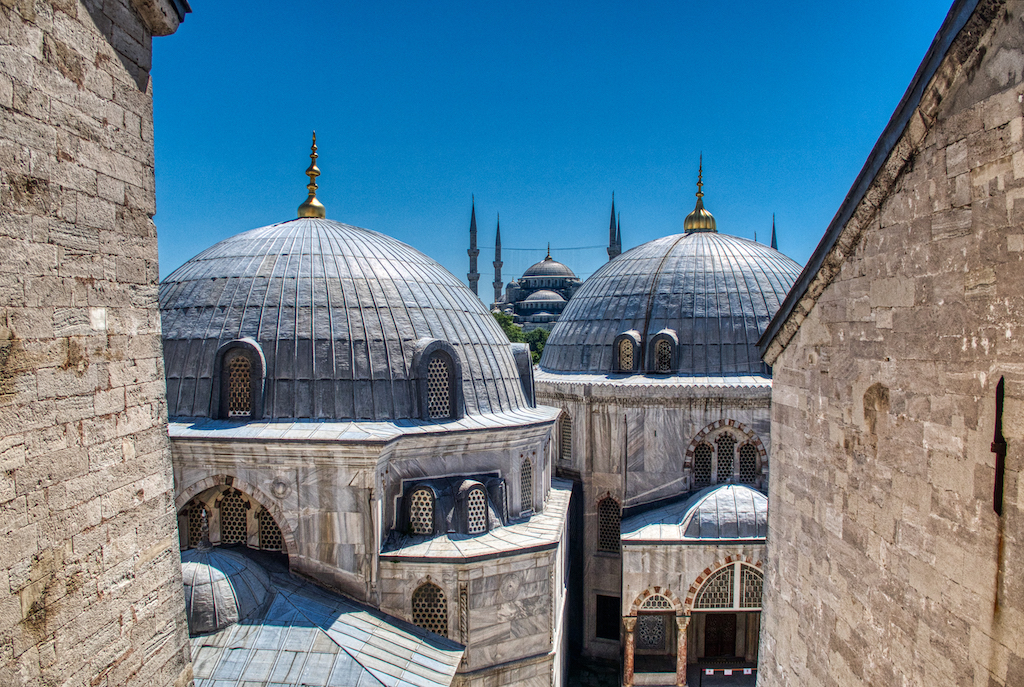
There are many reasons for craving an effective vaccine for COVID. For me, this is a reason that I didn’t anticipate. This is a good example of a reason that you should travel to new places: If you travel with the right state of mind, you will be changed by what you encounter.

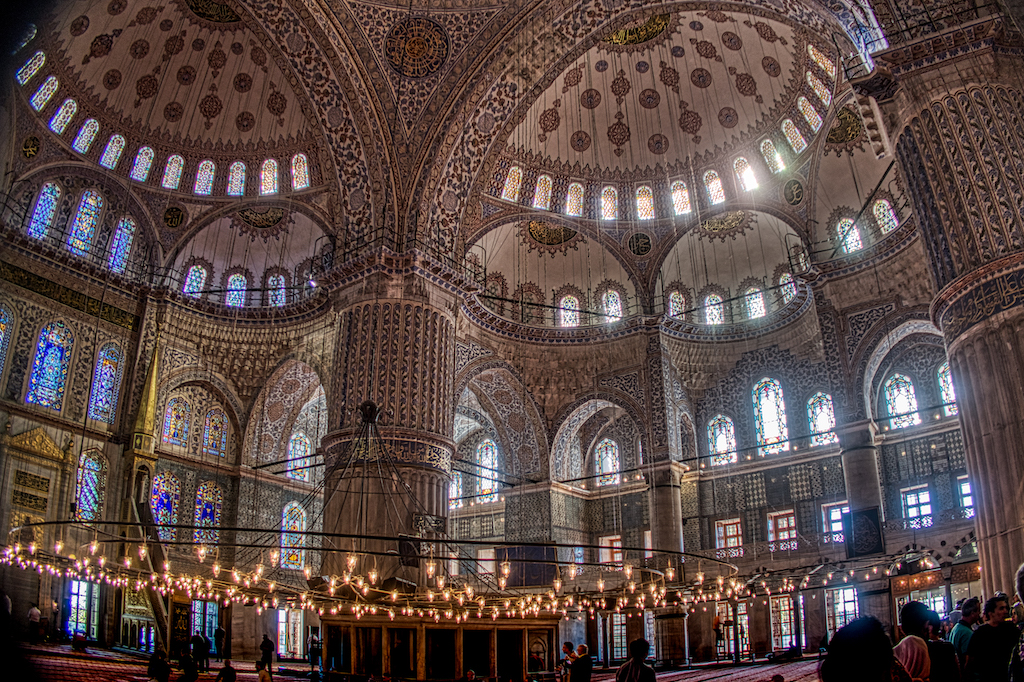
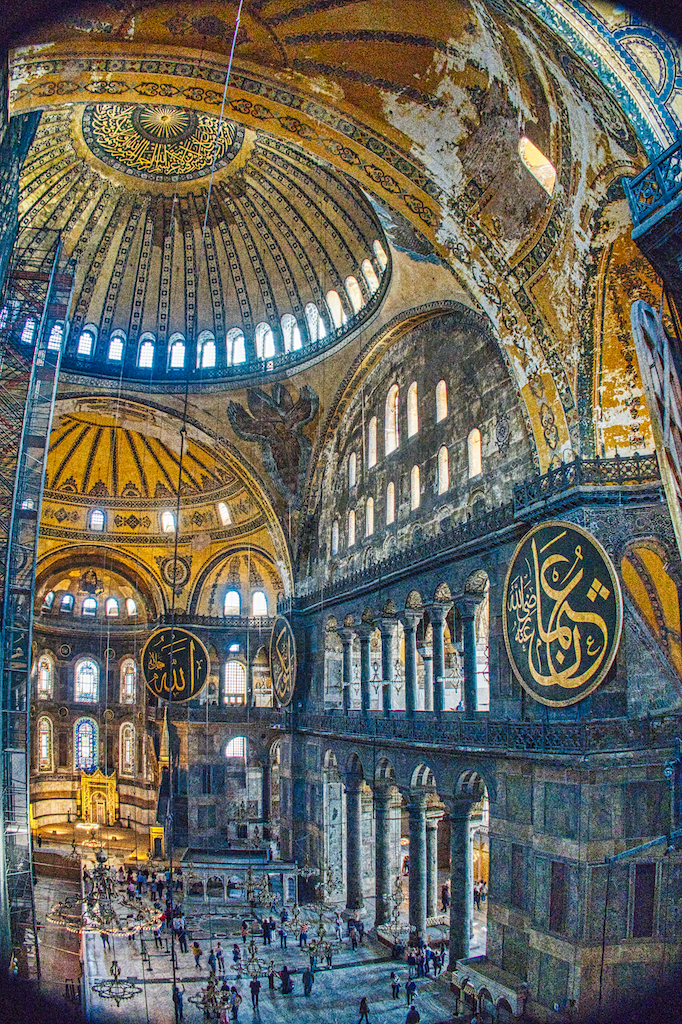
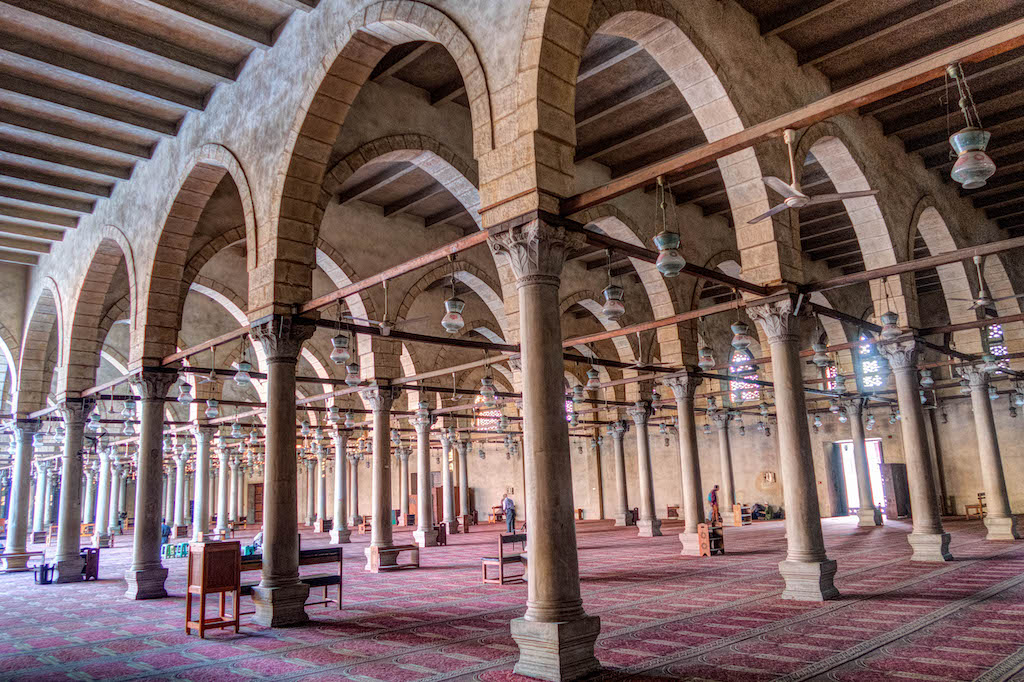
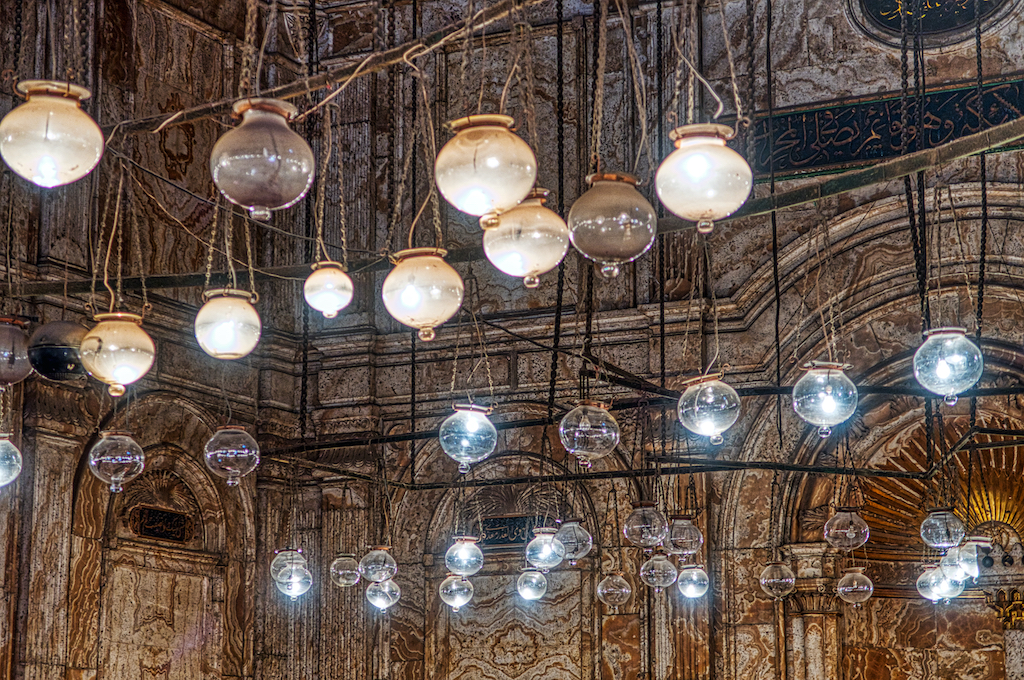

The “right state of mind,” I have concluded, is seeking to accept, not to understand. Your reaction to the call to prayer – stop and think about life and your place in the world, to tend to things that matter, to experience a sense of community – is a common one. Theists often call it prayer.
I’m laughing at myself because I wrote those words not thinking about the word or concept of “prayer.” But you are right about that, Bill. Not that my version of prayer involves a traditional conversation with an ethereal being, but many religious people I know don’t claim to have that kind of prayer either.
I’m so often stunned (as I am right now) that the sun “rose” this morning (I know–it’s an optical illusion) and it is rapidly “setting” right now, as I look out my window. It is stunning how quickly that happens each day. I think that means that I’m doing something right, often losing myself in my work. But the call to prayer made me stop to get my head above water, perhaps because I found it difficult to concentrate on things during the call. This “interruption” eventually morphed (in my head) into an opportunity to take in a larger perspective, to breathe, to look at my surroundings as miraculous (my secular version of awe).